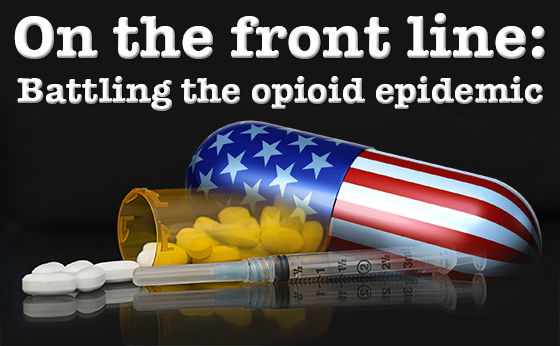|
|
Hospital and Physician Update |
|
July – August 2019 A roundup of recent news and information
Two hospital systems across the state will receive grants to pilot projects designed to help change the culture in hospitals to better combat the opioid epidemic: Beaumont Hospital and Munson Medical Center. The hospitals will receive grants of more than $1.3 million for projects that utilize medication-assisted treatment in partnership with outpatient treatment providers. Additional hospital grants are expected to be announced in the coming months. For complete details, see the MI Blues Perspectives blog.
2019 Opioid Progress Report released
In addition to the national data, the AMA also released state-level data for opioid prescribing and PDMP use.
Nonopioid advance directive now available online The law was signed last year and went into effect in late March. There are exceptions in the law, including a provision that a prescriber or a nurse under the order of a prescriber may administer an opioid if it’s deemed medically necessary for treatment. The form can be downloaded at Michigan.gov/opioids.* Simply click on the Find Help tab and scroll down to the Additional Resources section of the page. *Blue Cross Blue Shield of Michigan doesn’t own or control this website. |
|
|
|
|
|
|
No portion of this publication may be copied without the express written permission of Blue Cross Blue Shield of Michigan, except that BCBSM participating health care providers may make copies for their personal use. In no event may any portion of this publication be copied or reprinted and used for commercial purposes by any party other than BCBSM. Blue Cross Blue Shield of Michigan and Blue Care Network are nonprofit corporations and independent licensees of the Blue Cross and Blue Shield Association. |


 Statewide partners commit $5 million for programs to treat opioid addition
Statewide partners commit $5 million for programs to treat opioid addition